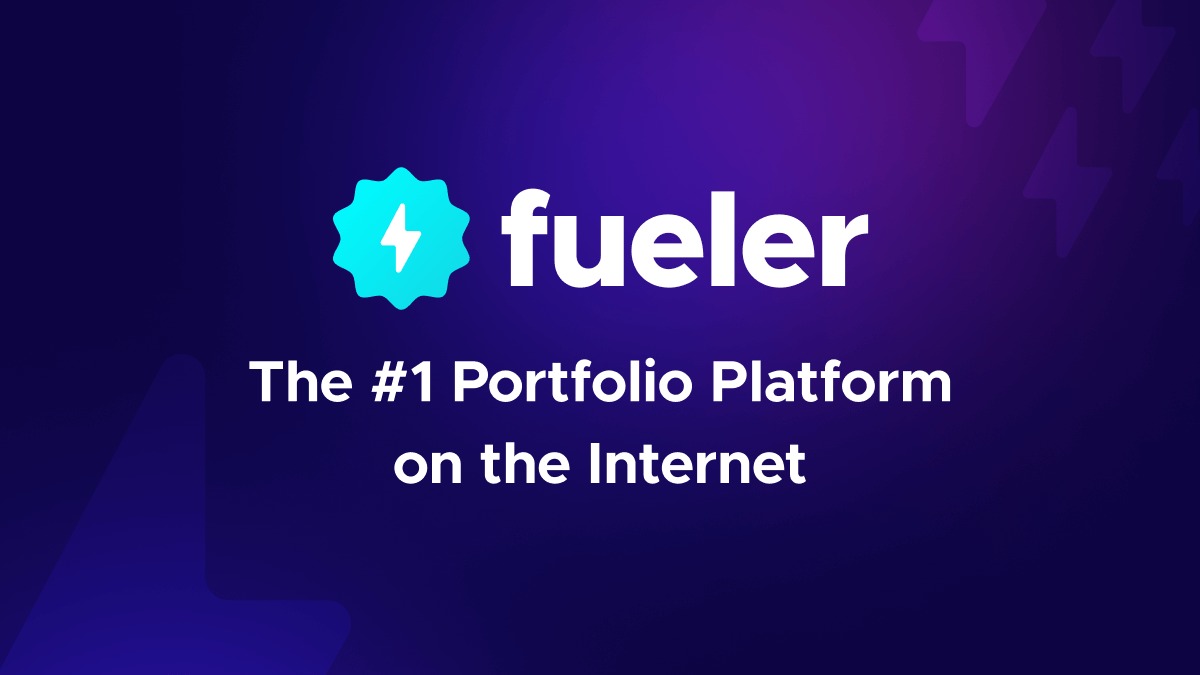AI in Procurement: Benefits, Challenges, and Best Practices in 2026

Riten Debnath
11 Oct, 2025

Procurement has evolved from a simple cost-saving exercise to a strategic function essential for business success. In 2026, Artificial Intelligence (AI) plays a pivotal role in this transformation by automating processes, improving decision-making, and increasing efficiency. Companies leveraging AI gain a competitive advantage by cutting costs, reducing risks, and enhancing supplier relationships.
I’m Riten, founder of Fueler, a platform that helps freelancers and professionals get hired through their work samples. In this article, I’ll explain the benefits, challenges, and best practices related to AI in procurement. Like businesses deploying AI, professionals need to prove their skills. Your portfolio is your proof and your edge in the job market.
What Is AI in Procurement?
AI in procurement means using machine learning, natural language processing, and automation technologies to improve procurement activities. This ranges from supplier discovery and contract management to demand forecasting and purchase automation. AI helps turn raw data into actionable insights, enabling procurement teams to work faster and smarter.
Key AI Procurement Capabilities:
- Intelligent supplier evaluation and sourcing
- Automated contract creation and compliance tracking
- Predictive analytics for demand and pricing trends
- Streamlined purchase order and invoice processing
Benefits of AI in Procurement
AI empowers procurement functions to become more efficient and strategically valuable. Here are the primary benefits:
1. Faster and More Accurate Supplier Discovery
AI scans multiple sources such as websites, financial data, and news to quickly identify and assess suppliers, reducing onboarding time and risk.
2. Reduced Operational Costs
Automation reduces manual tasks like purchase order creation and invoice matching, lowering administrative expenses and errors.
3. Improved Risk Management
AI monitors supplier health and external factors in real time, allowing teams to anticipate and mitigate risks proactively.
4. Enhanced Negotiation and Sourcing Decisions
Data-driven insights help procurement professionals negotiate better contracts by analyzing historical pricing and market trends.
5. Increased Sustainability
AI evaluates suppliers’ environmental and social performance and supports eco-friendly sourcing decisions aligned with corporate responsibility goals.
Challenges of AI in Procurement
Despite its promise, AI adoption in procurement faces some hurdles organizations must address:
1. Data Quality and Integration Issues
AI effectiveness depends on clean, consolidated data, but fragmented systems and poor data quality obstruct performance.
2. Resistance to Change
Employees and suppliers might resist AI adoption due to lack of familiarity, fear of job displacement, or mistrust of automated systems.
3. Complexity of AI Implementation
Integrating AI with existing procurement systems while ensuring smooth workflows requires significant time, effort, and investment.
4. Supplier Adoption Barriers
Not all suppliers have the technological maturity to interact seamlessly with AI-powered platforms, slowing collaboration.
5. Ethical and Compliance Concerns
Ensuring AI decisions are transparent, unbiased, and compliant with laws is critical to avoid reputational risks and legal challenges.
Best Practices for Successful AI Adoption in Procurement
To maximize AI benefits while minimizing challenges, organizations should follow these proven practices:
1. Start with Clear Use Cases
Identify specific procurement problems (e.g., invoice processing or risk management) where AI can deliver measurable impact before scaling.
2. Ensure High-Quality Data
Invest in data cleaning and integration to provide AI systems with accurate, comprehensive inputs for better outcomes.
3. Engage and Educate Stakeholders
Train procurement teams and suppliers to foster understanding, buy-in, and smooth adoption of AI processes.
4. Choose Scalable and Flexible AI Solutions
Implement AI platforms that easily integrate with existing systems and allow future upgrades or expansions.
5. Monitor, Evaluate, and Optimize
Regularly assess AI performance, gather user feedback, and refine models and processes to sustain improvements.
Fueler: Showcase Your Procurement and AI Expertise
In today’s AI-driven environment, possessing procurement knowledge combined with AI skills opens many career doors. Building a portfolio that highlights your relevant projects and achievements is essential. When working with procurement management software, ensuring seamless integration with existing systems is key to maximizing its efficiency.
Using Fueler, you can:
- Create a professional portfolio featuring AI-enabled procurement projects and case studies
- Demonstrate hands-on experience with procurement technologies and data analytics
- Provide detailed proof of your process improvements and results
- Gain trust from recruiters and clients through transparent work samples
- Position yourself as a leading candidate for strategic procurement roles with AI focus
Final Thoughts
AI is reshaping procurement by enhancing supplier management, automating manual tasks, forecasting demand, and mitigating risks. While challenges exist in implementation and adoption, following best practices ensures businesses maximize AI’s potential. For professionals, showcasing skills through a strong portfolio on platforms like Fueler is key to standing out and succeeding in this evolving field.
Frequently Asked Questions
1. What AI tools are leading in procurement in 2026?
Popular tools include Jaggaer, GEP SMART, SAP Ariba, Icertis, and Coupa.
2. How does AI improve procurement risk management?
By continuously monitoring external data and supplier performance, AI provides early warnings about potential risks.
3. What are common barriers to AI adoption in procurement?
Key barriers include data quality, change resistance, implementation complexity, and supplier technology gaps.
4. Can AI support sustainable procurement practices?
Yes, AI evaluates environmental and social metrics and guides procurement towards sustainable choices.
5. How can I demonstrate my AI procurement skills to employers?
Build a portfolio on Fueler showcasing your projects, analytics, and procurement achievements with clear evidence.
What is Fueler Portfolio?
Fueler is a career portfolio platform that helps companies find the best talent for their organization based on their proof of work. You can create your portfolio on Fueler, thousands of freelancers around the world use Fueler to create their professional-looking portfolios and become financially independent. Discover inspiration for your portfolio
Sign up for free on Fueler or get in touch to learn more.


